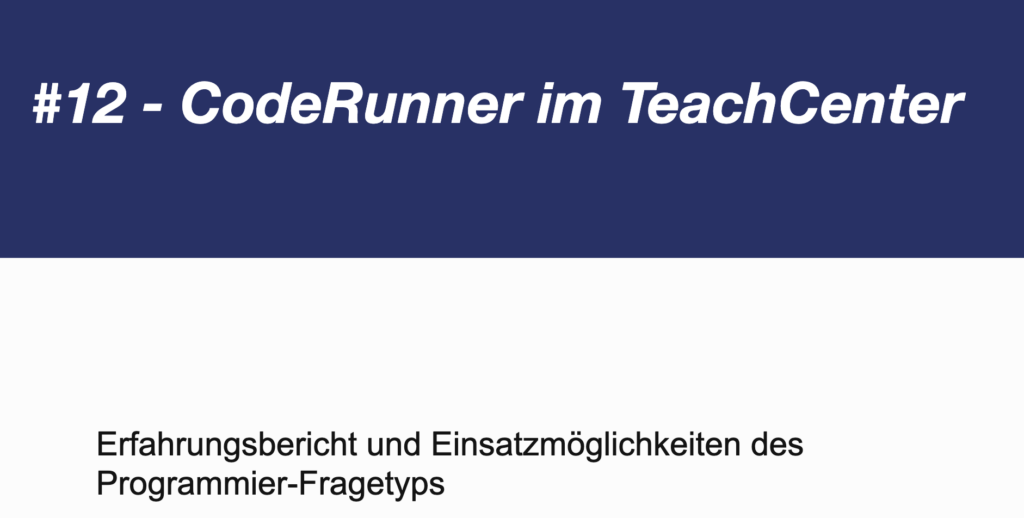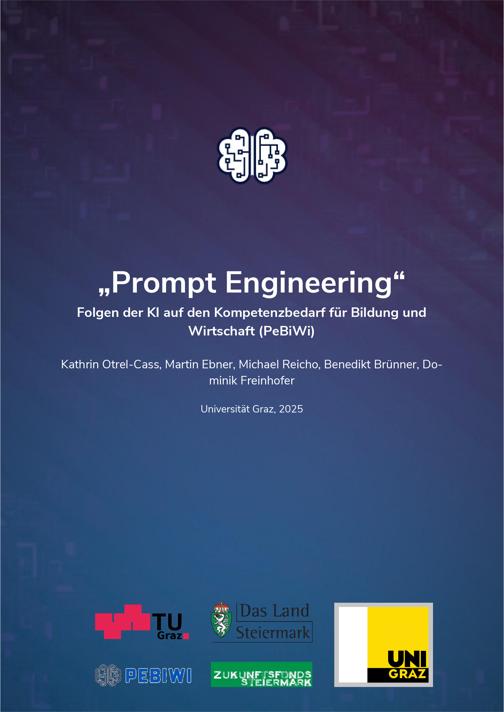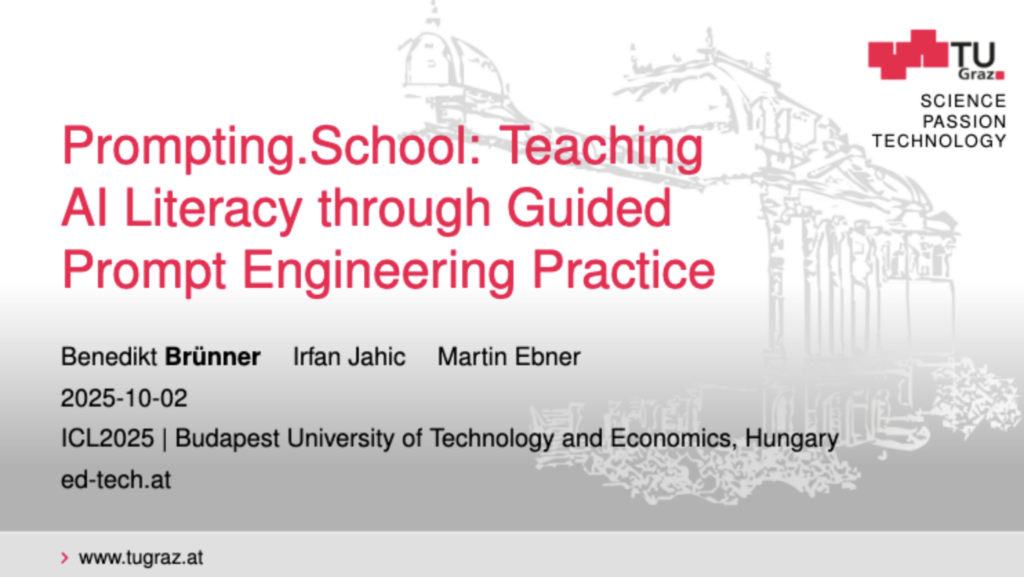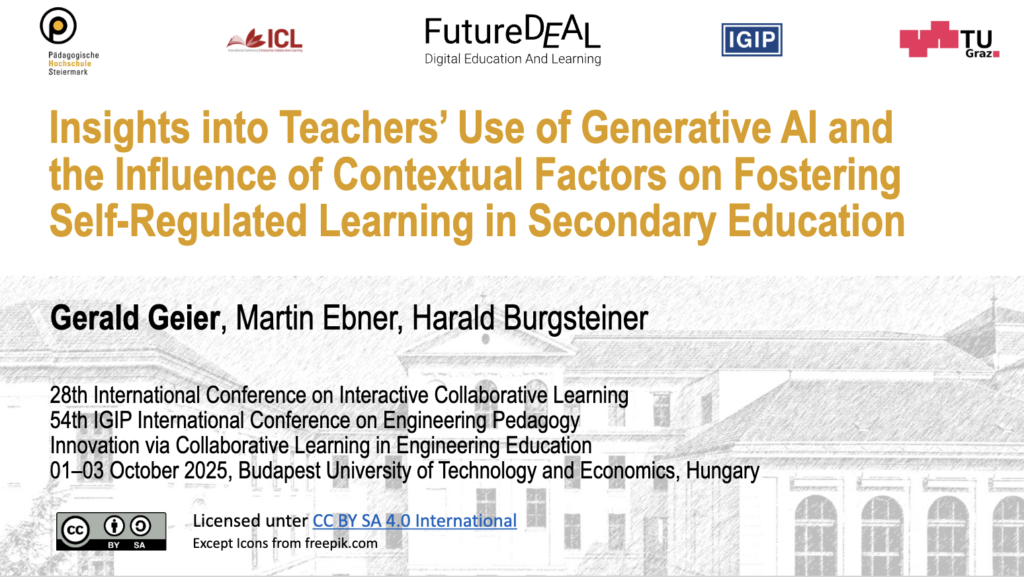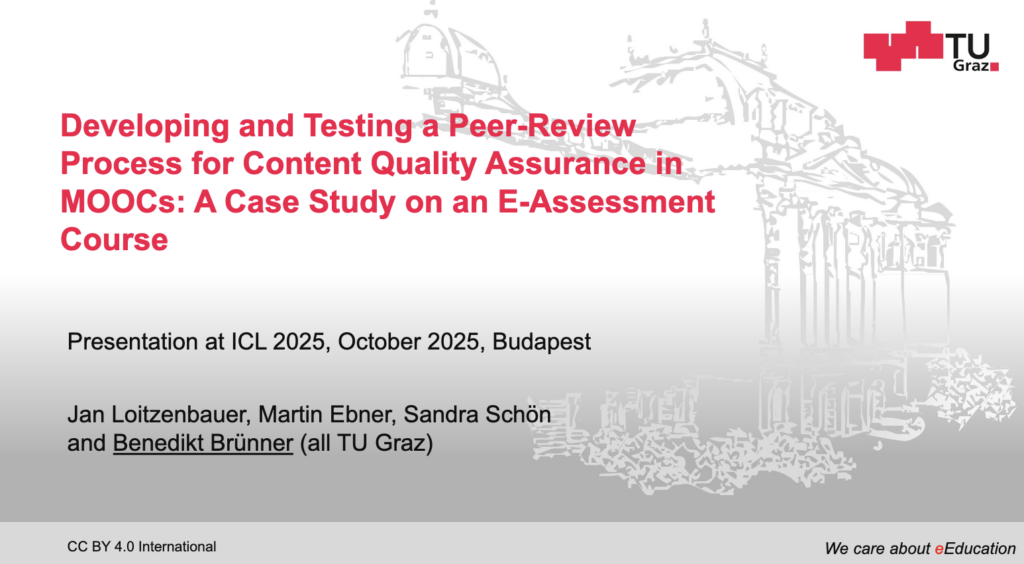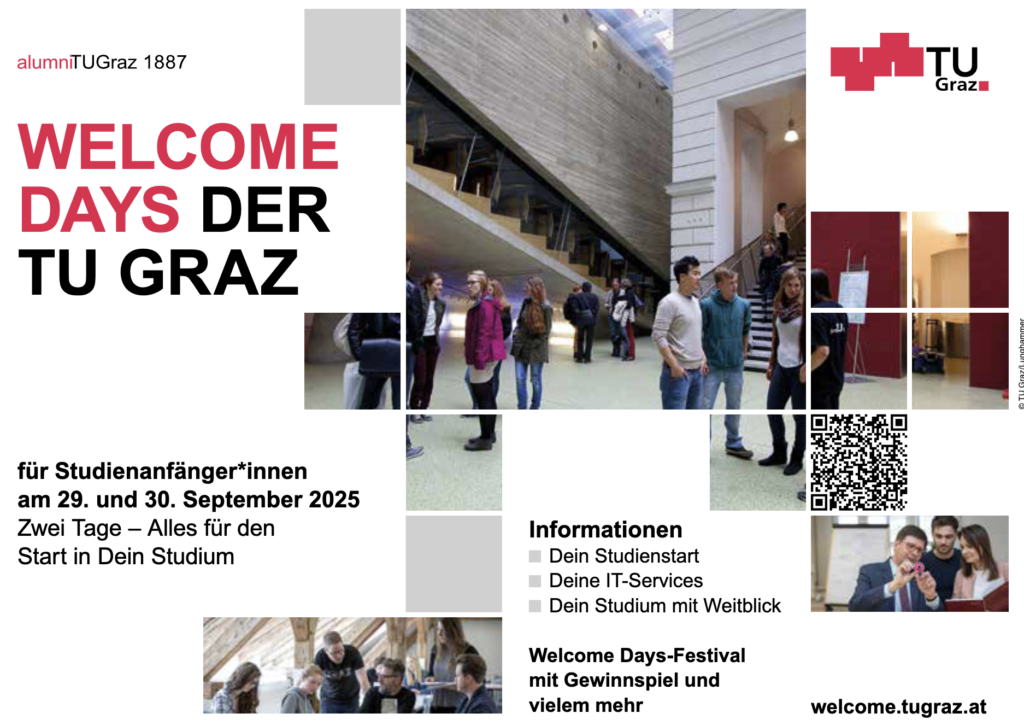Der finale Bericht zu unserem Projekt „Prompt Engineering. Folgen der KI auf den Kompe-tenzbedarf für Bildung und Wirtschaft (PeBiWi)“ ist nun erschienen und kann gerne eingesehen werden:
Das Forschungsprojekt „Prompt Engi-neering: Folgen der KI auf den Kompe-tenzbedarf für Bildung und Wirtschaft (PeBiWi)“ untersucht die transformative Wirkung Generativer Künstlicher Intelligenz (GenKI) auf die Arbeitswelt von Lehrpersonen und Arbeitnehmer:innen. In einer Zeit, in der KI-Tools wie ChatGPT den beruflichen Alltag revolutionieren, identifiziert das Projekt essenzielle Kompetenzen für einen verantwortungsvollen und effektiven Umgang mit dieser Technologie.
Durch systematische Forschung und praxisnahe Co-Creation-Workshops mit Expert:innen aus Bildung und Wirtschaft wurde ein umfassender Kompetenzkatalog entwickelt. Die Ergebnisse zeigen: KI-Kompetenzen umfassen weit mehr als generelles technisches Verständnis. Sie erfordern kritisches Denken, ethische Reflexion und die Fähigkeit zur konstruktiven Mensch-Maschine-Zusammenarbeit. Diese KI-Kompetenzen bilden die Grundlage für die Inhalte des MOOC-Kurses.
Das Herzstück des Projekts bildet der kostenlose MOOC (Massive Open On-line Course) „Generative KI: verstehen, gestalten, verantworten“, der seit dem 29.09.2025 auf der Plattform iMooX.at kostenlos verfügbar ist. Dieser Kurs bietet in sechs aufeinander aufbauenden Modulen praxisnahes Wissen – von technischen Grundlagen über kreative Anwendungen bis zu ethischen Fragestellungen.
Das Projekt liefert konkrete Handlungsempfehlungen für Politik, Bildungseinrichtungen und Unternehmen und leistet damit einen wichtigen Beitrag zur digitalen Transformation in der Steiermark und darüber hinaus.
[Link zum finalen Dokument]
Referenz: Otrel-Cass, Kathrin; Ebner, Martin; Reicho, Michael; Brünner, Benedikt; Freinhofer, Dominik: Prompt Engineering. Folgen der KI auf den Kompetenzbedarf für Bildung und Wirtschaft (PeBiWi). Graz. 2025.
 Issue 20/04 of our journal on emerging technologies for learning got published. Enjoy the readings as usual for free :-).
Issue 20/04 of our journal on emerging technologies for learning got published. Enjoy the readings as usual for free :-).



